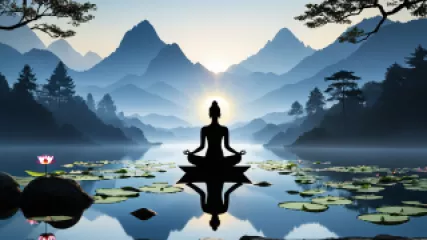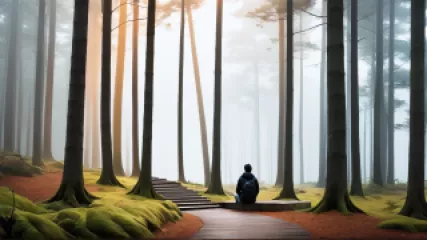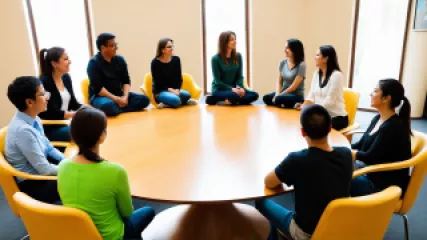7 Powerful Resilience Lessons from Harry Potter
1 year ago
Building Resilience in Kids
How to Develop Effective Mental Wellness Tools for Coping Strategies
1 year ago
Coping Strategies
What Are the Best Virtual Therapy Sessions for Suicide Prevention?
1 year ago
Suicide Prevention
From Solitude to Solace: My Journey Through Loneliness
1 year ago
Loneliness
The Ultimate Guide to Overcoming Loneliness
1 year ago
Loneliness
My Journey to Sharpen My Intuition
1 year ago
Developing Intuition
My Journey Through Emotional Neglect: A Transformative Experience
1 year ago
Understanding Emotional Neglect
From Anxiety to Calm: My Journey to Emotional Wellness
1 year ago
Emotional Wellness Strategies
Ethical Dilemmas Uncovered: Lessons from Cinematic Masterpieces
1 year ago
Ethical Dilemmas
Why Understanding Learning Styles is Key for Virtual Counseling Sessions
1 year ago
Learning Styles
Developing an Effective Special Education Curriculum
1 year ago
Special Education
Rethinking Mental Healthcare for Older Adults: A Necessary Shift
1 year ago
Elderly Mental Care
The Mental Health Benefits of Meaningful Friendships: An Expert Perspective
1 year ago
Friendship Psychology
Why Special Education Resources Are Essential for Inclusive Learning
1 year ago
Special Education
Why You Should Join a Breakup Support Group
1 year ago
Managing a Breakup















